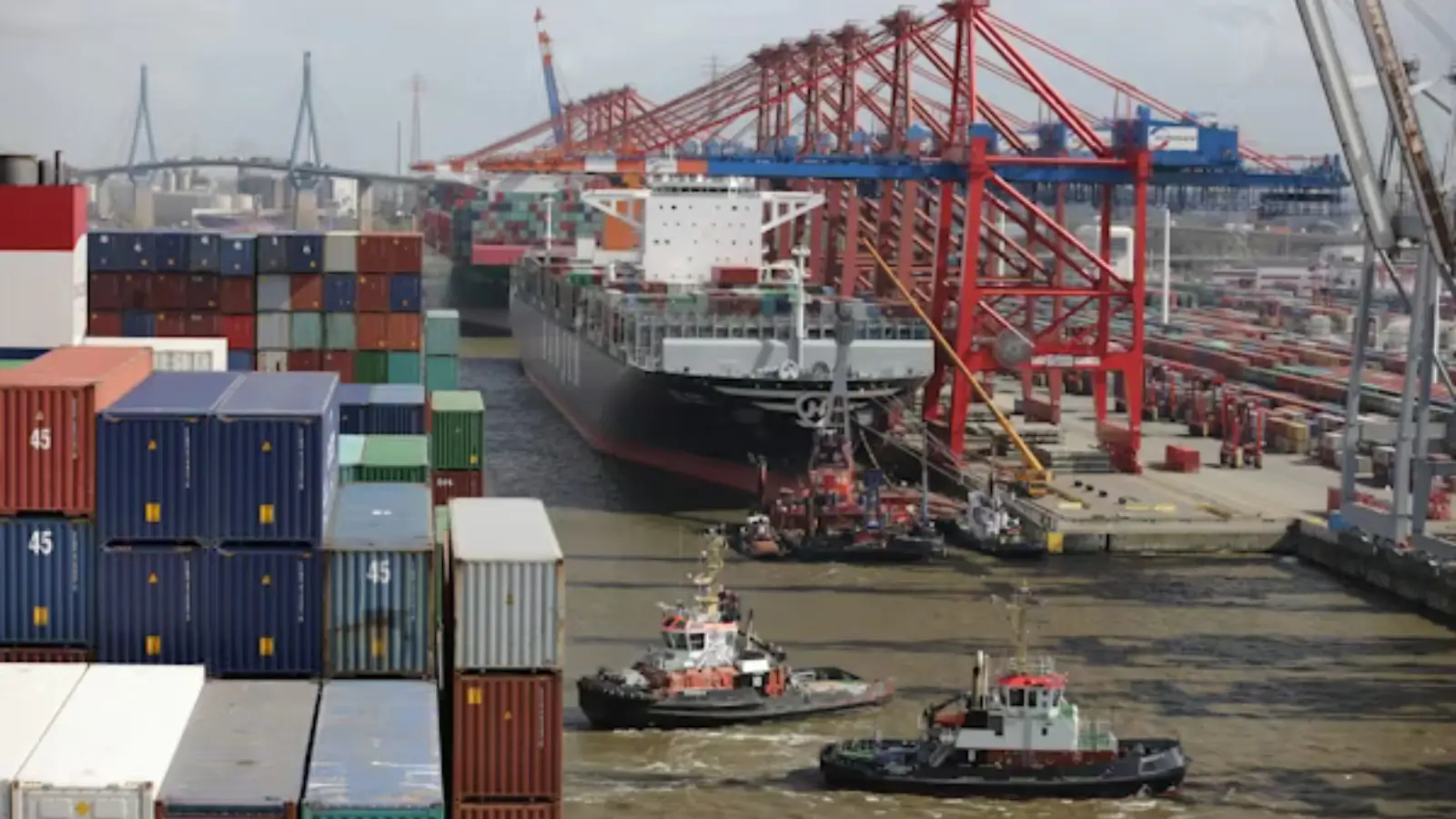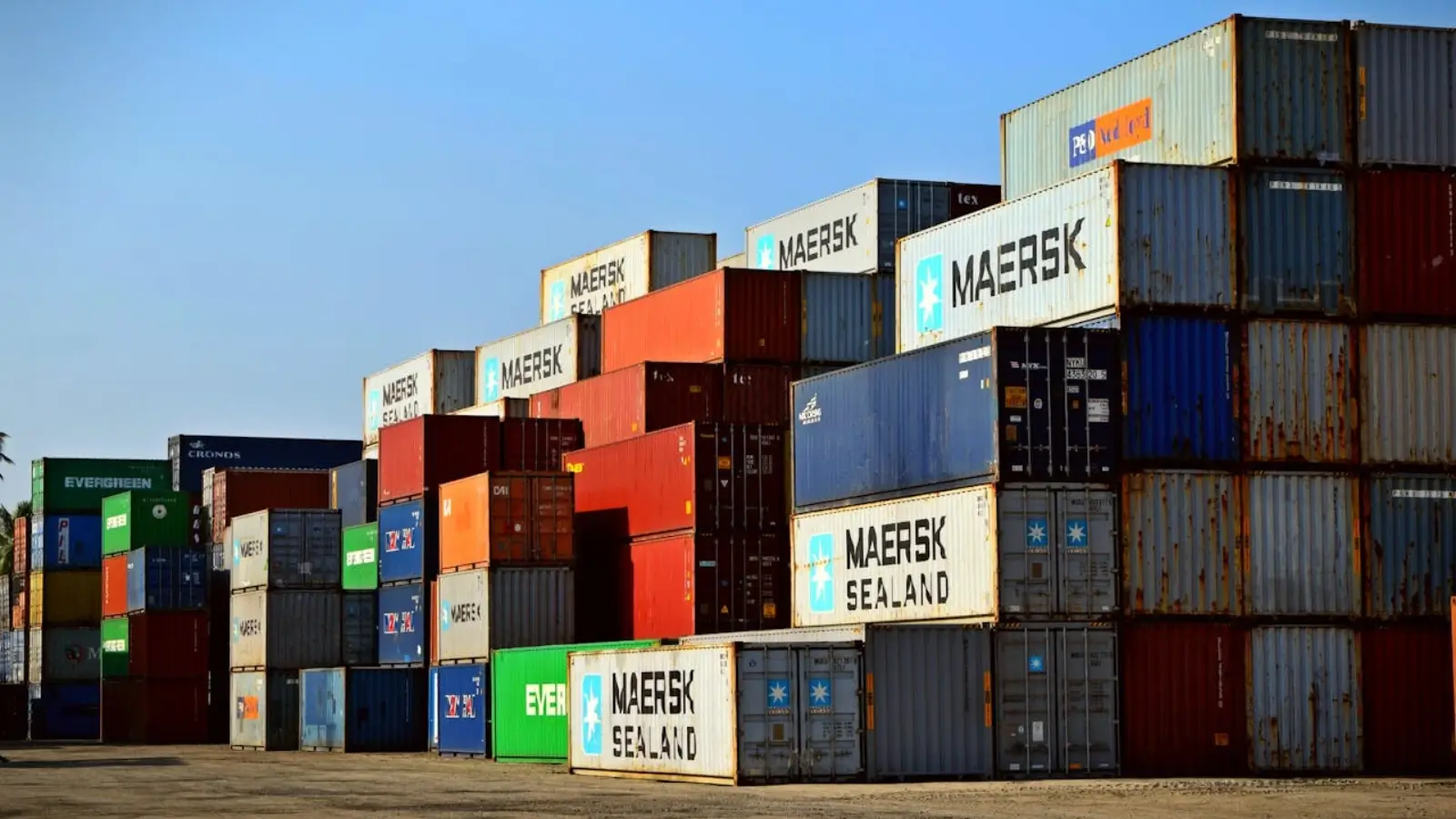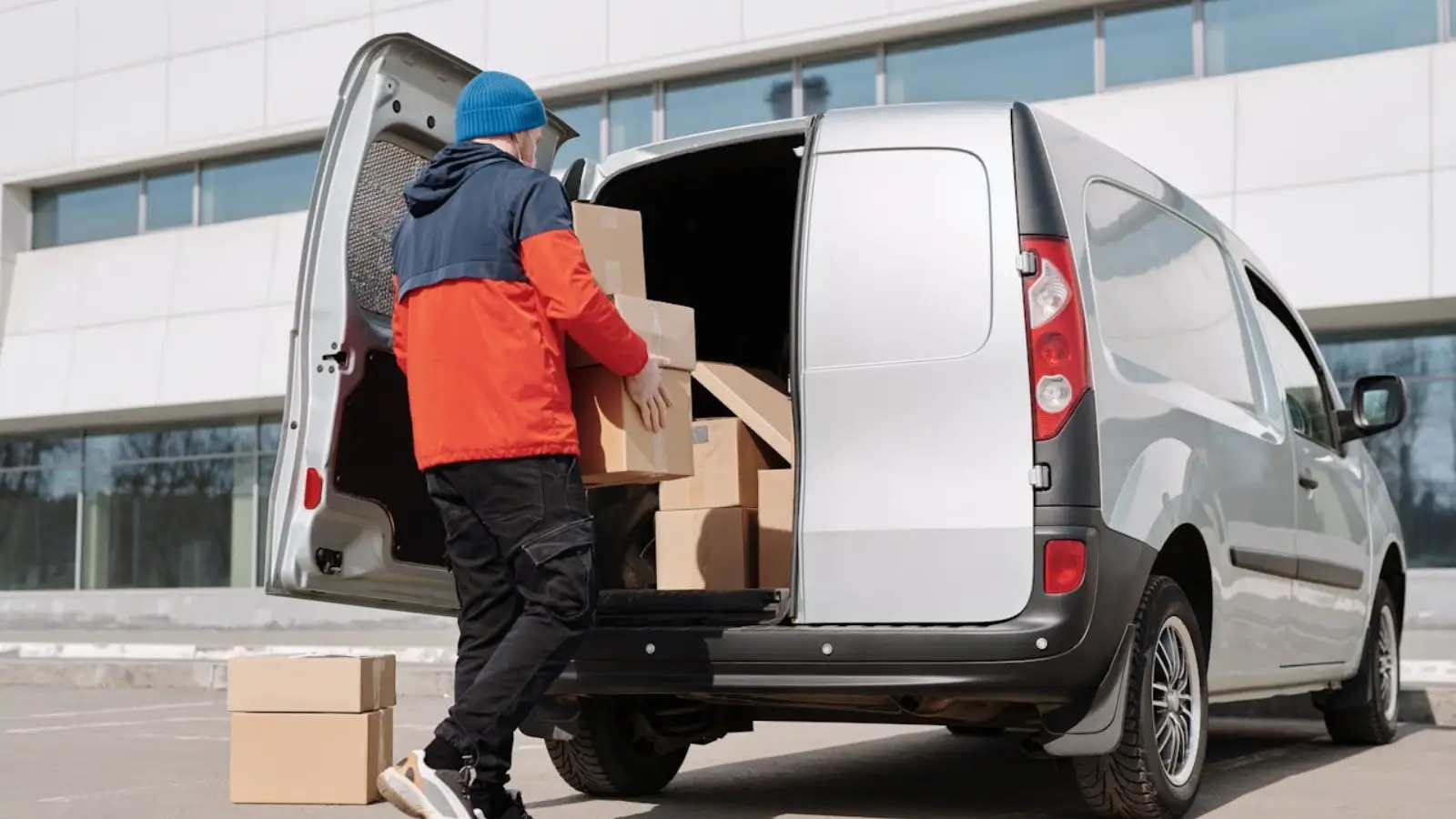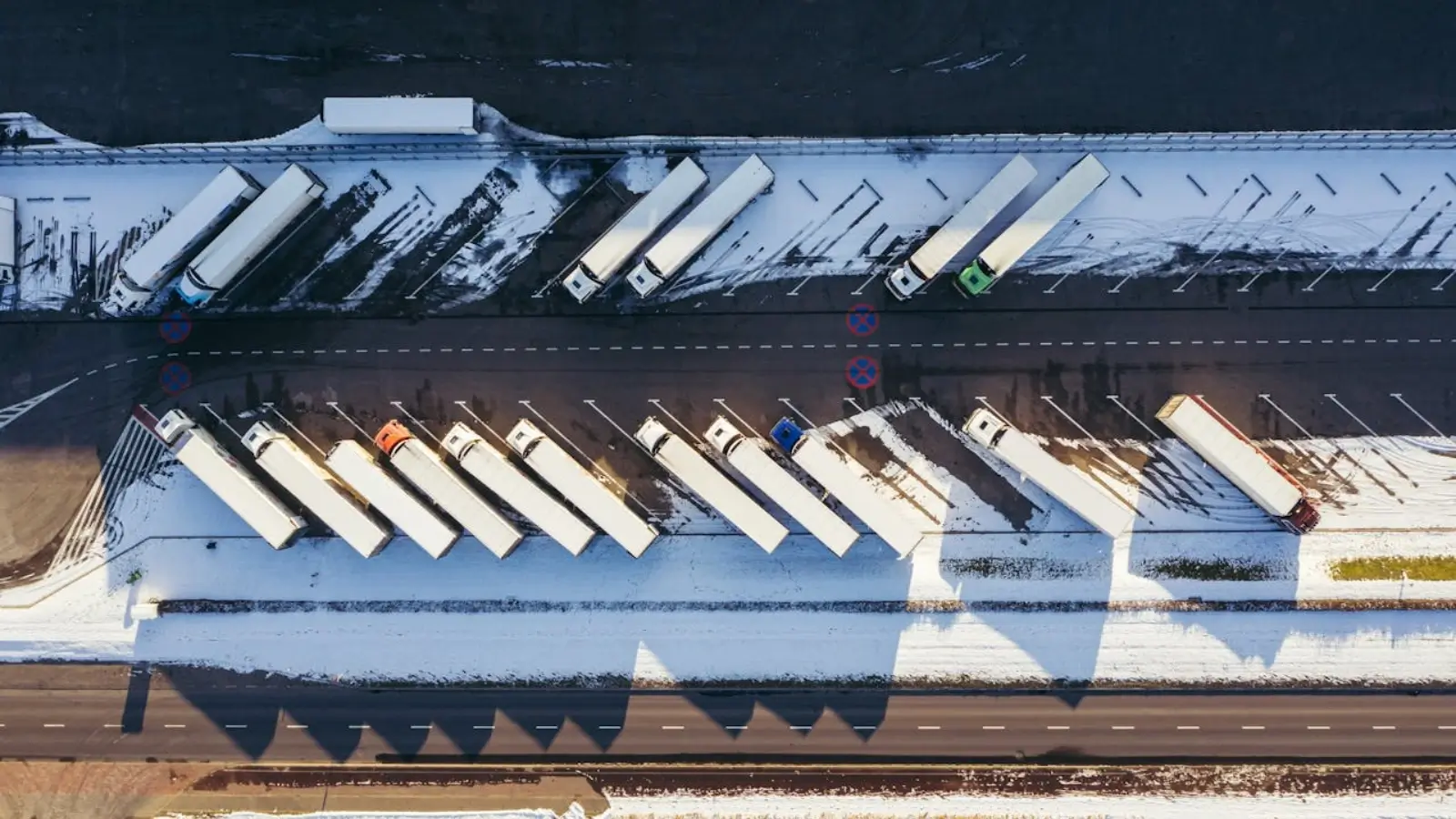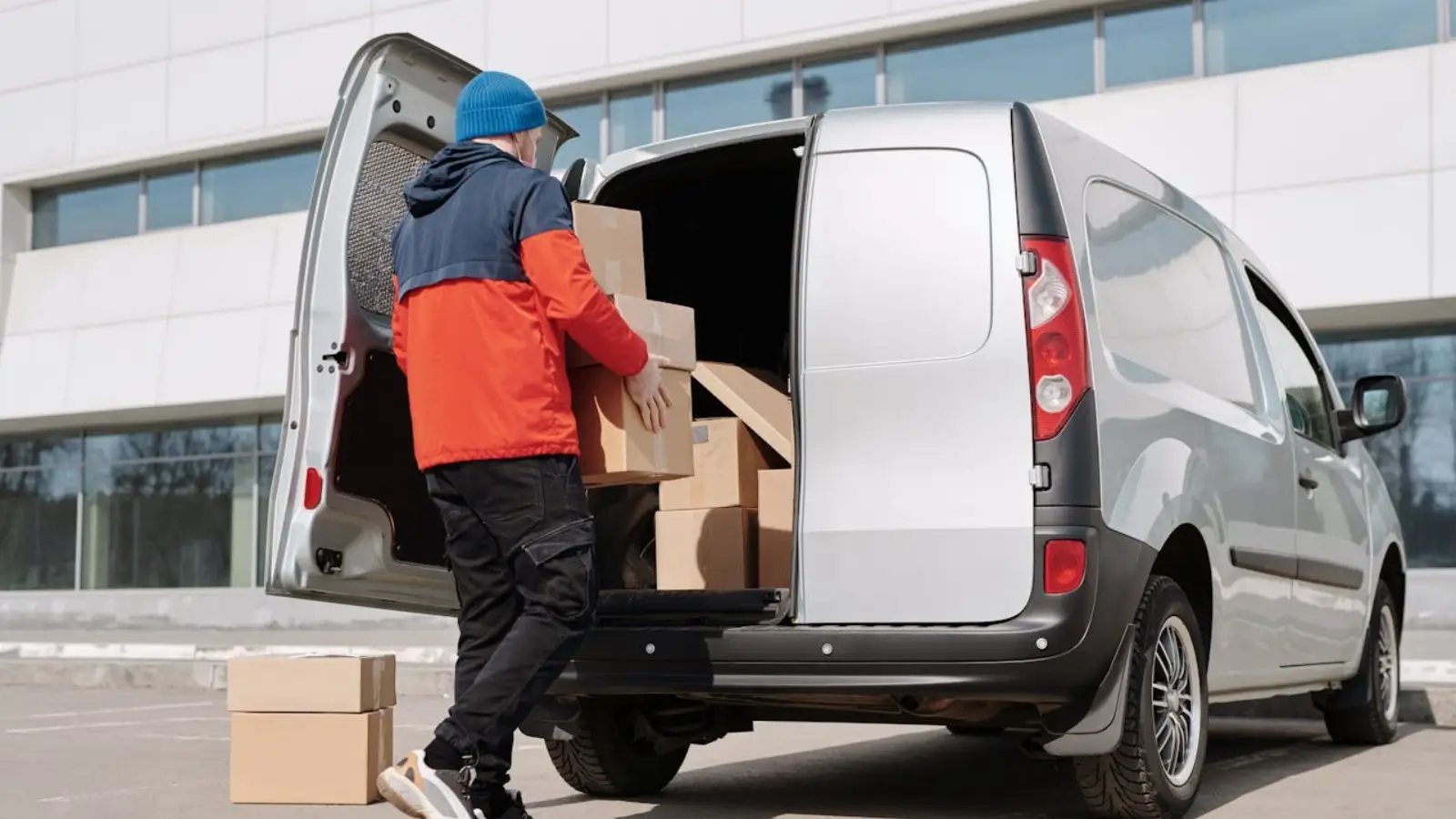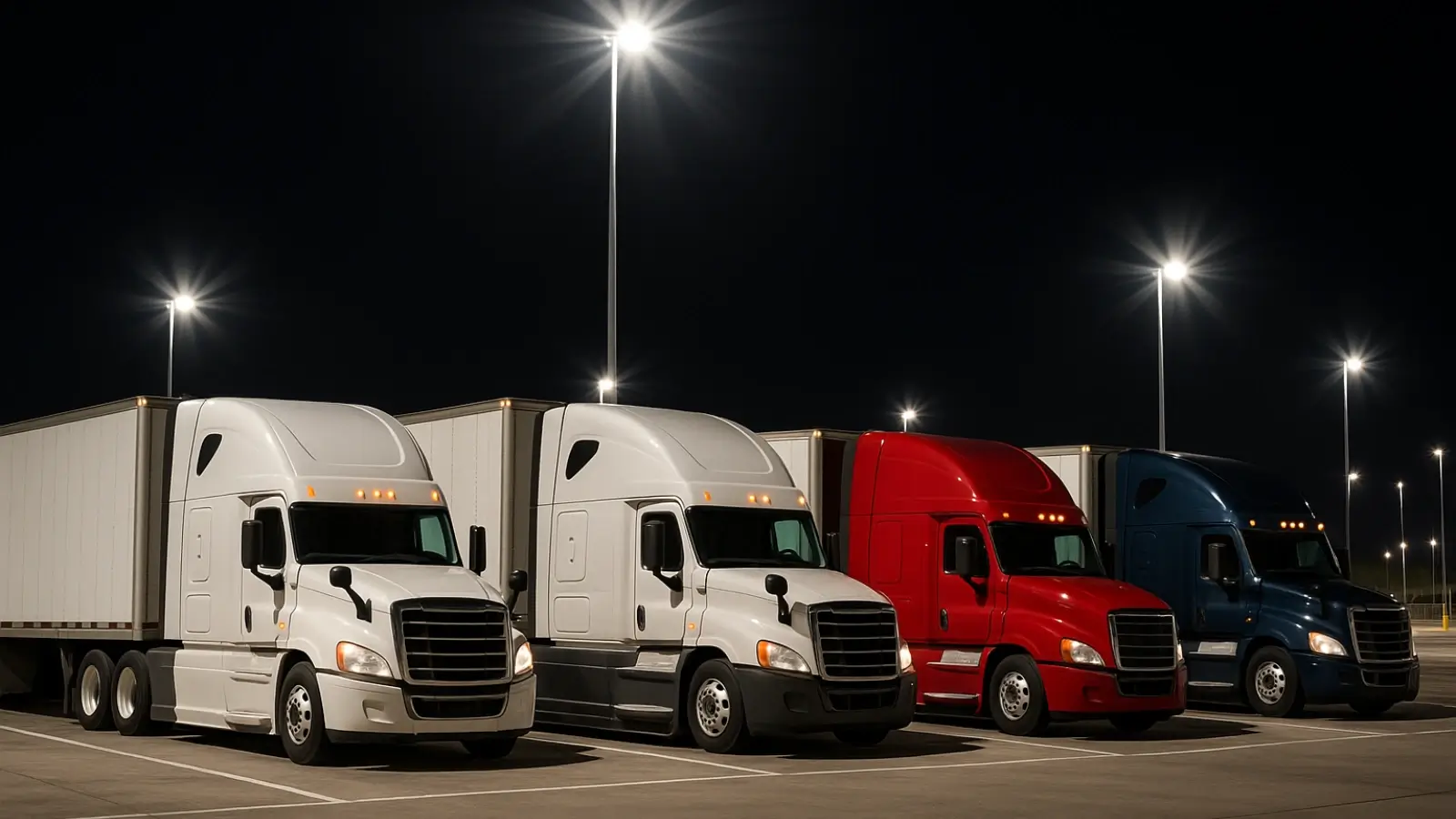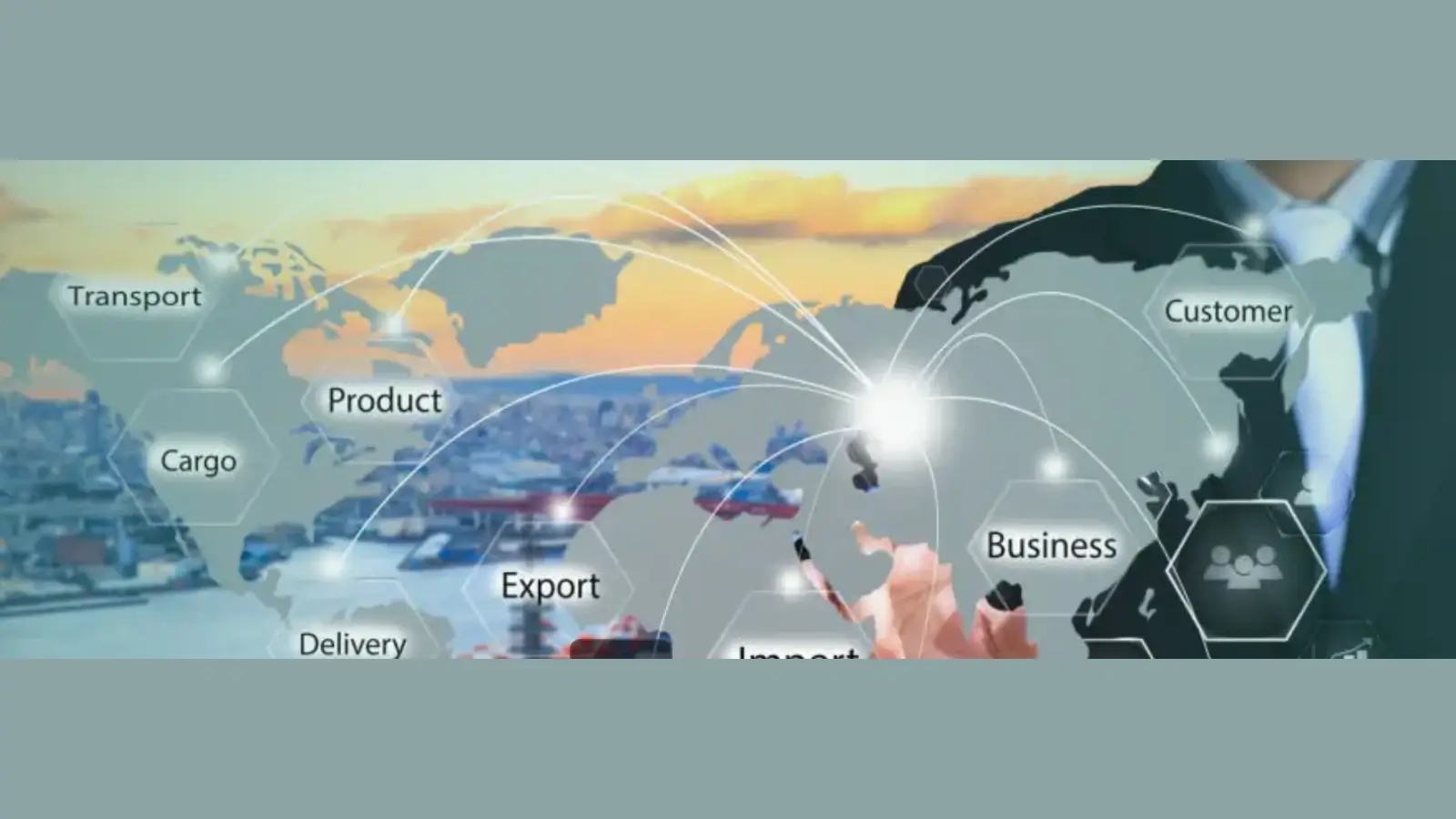Understanding EXW Incoterm: Risks, Responsibilities, and Best Practices

International trade requires clear agreements on the responsibilities at each stage of shipping. One common Incoterm that defines these responsibilities is EXW Incoterm, which stands for 'Ex Works.' This term outlines the duties of both the seller and the buyer. Under EXW, the buyer primarily manages shipping logistics and customs documentation. Understanding EXW terms is crucial for both parties to ensure a smooth transaction and avoid costly mistakes.
What is EXW Incoterm?
EXW describes a contract where sellers must place goods at their premises or stated collection points ready for buyers to retrieve them. After delivering goods to the specified location, the buyer takes full liability for all shipping costs, including risk management up to the endpoint.
Seller's Responsibilities
The sellers' EXW obligations remain minimal, but they still play an important role in preparing the goods and ensuring proper documentation.
Providing Documentation: They issue documentation, such as invoices, to assist buyers in managing their shipping operations.
Preparing the Goods: The seller ensures that the goods are ready for collection by having proper packaging and accurate labels.
Buyer's Responsibilities
Once the seller has made the goods available, the buyer becomes responsible for completing any required shipping tasks, such as:
- Arranging Transportation: Buyers must pay and arrange transport services from the seller's location to the final destination.
- Export Customs Clearance: Under EXW, the buyer takes full responsibility for export customs clearance procedures, such as obtaining licensing and leading the customs clearance process from the seller's country.
- Import Customs Clearance: He/She must handle all importing procedures and cover any customs fees in their country.
- Insurance: Buyers should buy insurance coverage to secure the goods throughout the transfer between locations.
Risks Associated with EXW
When engaging with EXW transactions, buyers need to be aware of different risks that exist in these deals:
- Limited Seller Responsibility: Seller duties remain minimal under this trade term, so buyers typically handle most of the delivery risks through customs clearance.
- Potential Delays: The buyer bears all responsibility for logistics management, which raises potential delays that may occur due to improper coordination.
- Export Compliance Issues: Certain countries require that only domestic entities authorized to export can perform shipments. Unregistered buyers in the seller's country face challenges when completing transactions.
Best Practices for Buyers
Understand Local Regulations
Before starting transactions, you must understand export and import regulations established in your country and the seller's country to maintain compliance.
Plan Logistics Carefully
Make early arrangements for transportation together with customs procedures to prevent delays.
Consider Trade Finance Solutions
Trade finance solutions help buyers handle payment risks and secure commercial transactions.
Communicate Clearly
Stay in frequent contact with your seller so you can quickly resolve any concerns that arise.
Takeaways
Understanding EXW Incoterms is vital for both buyers and sellers to ensure smooth transactions. By being aware of responsibilities, risks, and best practices, buyers can avoid costly mistakes and delays. Clear communication, careful planning, and compliance with regulations are key to successful EXW shipments.
FAQs
1. What is the main risk for buyers in an EXW agreement?
Under EXW terms, buyers take full responsibility for transportation customs clearance and insurance expenses, so they bear all risks during shipping.
2. Can the seller assist the buyer with customs clearance under EXW?
No, EXW only requires sellers to deliver products at their location but prevents them from lending additional assistance. The buyer becomes fully accountable for completing every customs procedure.
3. Do buyers need to arrange insurance for EXW shipments?
Yes, it’s recommended that buyers arrange insurance to protect the goods during transit since the seller's duty ends when the goods reach pickup availability.
4. How can buyers avoid delays in an EXW agreement?
The buyer can prevent delays through proper logistics planning combined with the preparation of customs procedures and effective communication channels between them and the seller.
References:
https://www.dripcapital.com/resources/blog/exw-ex-works-incoterms
https://www.aitworldwide.com/resources/incoterms/incoterms-exw-ex-works/









